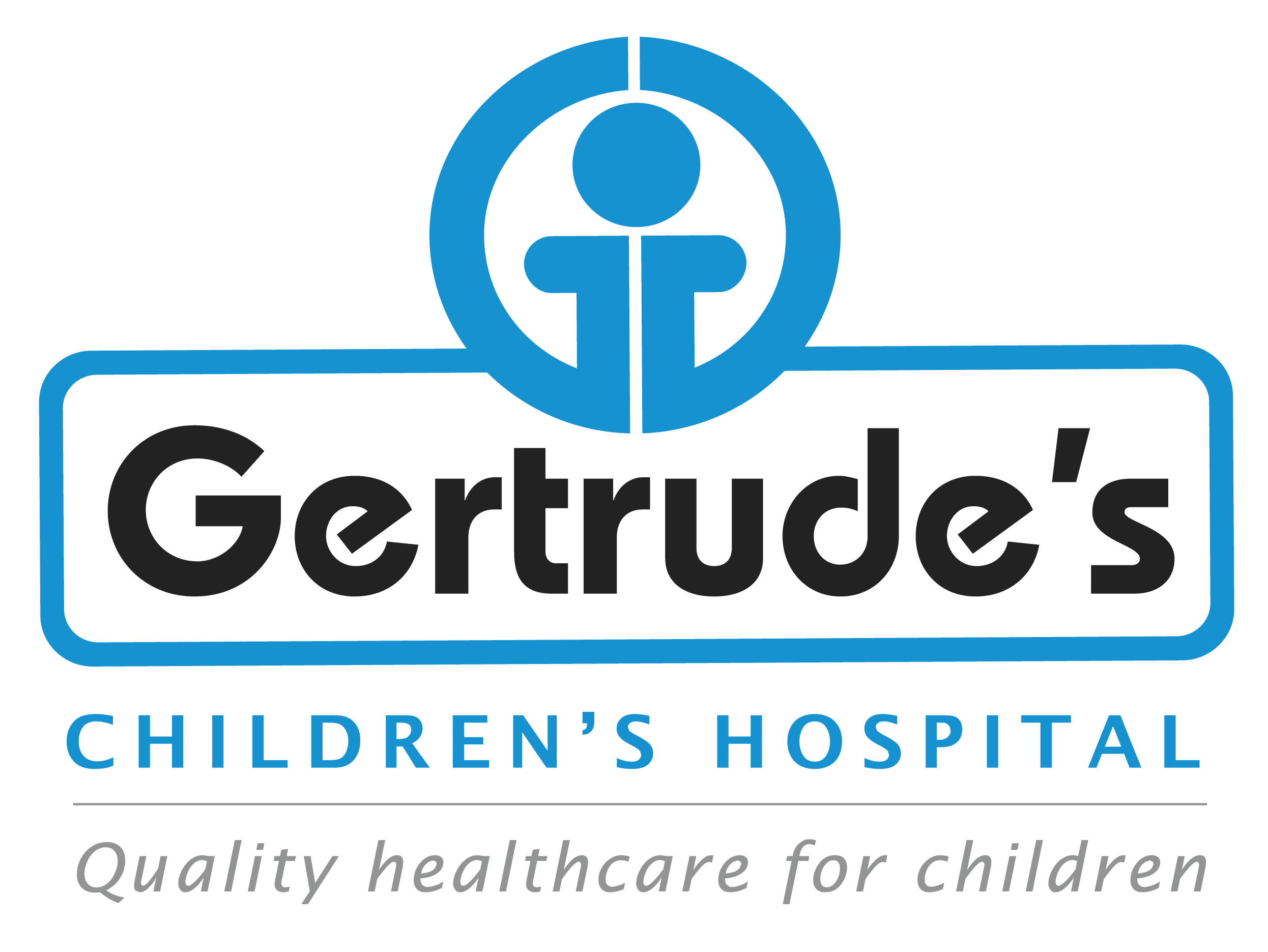Bronchopulmonary dysplasia (BPD) is a chronic lung disease that affects premature babies, typically those born before 32 weeks of gestation. It is characterized by inflammation and scarring in the lungs, which can lead to breathing difficulties, respiratory failure, and long-term health complications.
Symptoms
- Respiratory distress or difficulty breathing
- Apnea or pauses in breathing
- Bradycardia or slow heart rate
- Oxygen dependence or need for supplemental oxygen
- Wheezing or coughing
- Failure to thrive or poor weight gain
Causes
- Premature birth or low birth weight
- Respiratory distress syndrome (RDS) or other lung conditions
- Mechanical ventilation or oxygen therapy
- Infection or sepsis
- Genetic factors or family history
Diagnosis
- Physical examination and medical history
- Chest X-ray or computed tomography (CT) scan to evaluate lung damage
- Pulmonary function tests (PFTs) to assess lung function
- Blood gas analysis to evaluate oxygen levels and acid-base balance
- Echocardiogram to assess heart function and rule out other conditions
Treatment Options
- Oxygen therapy to support breathing and increase oxygen levels
- Mechanical ventilation to assist with breathing
- Medications to control inflammation and prevent infection
- Pulmonary rehabilitation to improve lung function and overall health
- Nutritional support to promote growth and development
Why Choose Us
Expert team
Our pediatric specialists have extensive experience in treating children.
Personalized care
We create treatment plans that fit each child’s unique needs
Support and education
We teach children and families how to care for them and prevent future cases
Advanced treatments
Access to the latest treatments and products
Frequently Asked Questions
Q: What is the difference between BPD and other lung conditions?
A: BPD is a specific type of chronic lung disease that affects premature babies, while other conditions may affect different age groups or have different underlying causes.
Q: How is BPD treated in premature babies?
A: Treatment for BPD in premature babies may involve oxygen therapy, mechanical ventilation, and medications to control inflammation and prevent infection.
Q: What are the long-term effects of BPD?
A: The long-term effects of BPD can vary depending on the severity of the condition and the individual baby’s response to treatment. Some babies may experience respiratory problems or other complications, while others may make a full recovery.
Contact
Please feel free to contact us with any general or medical enquiry by calling us.





